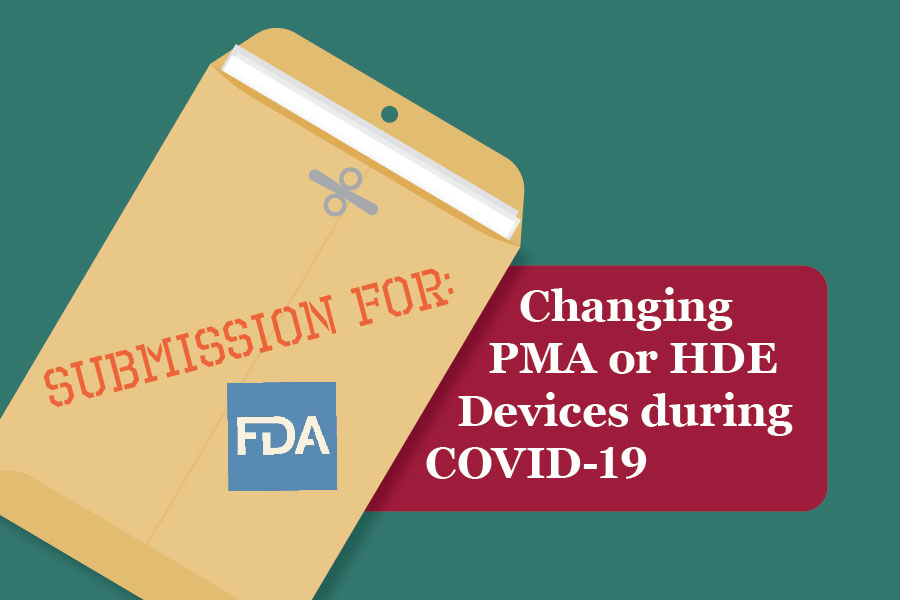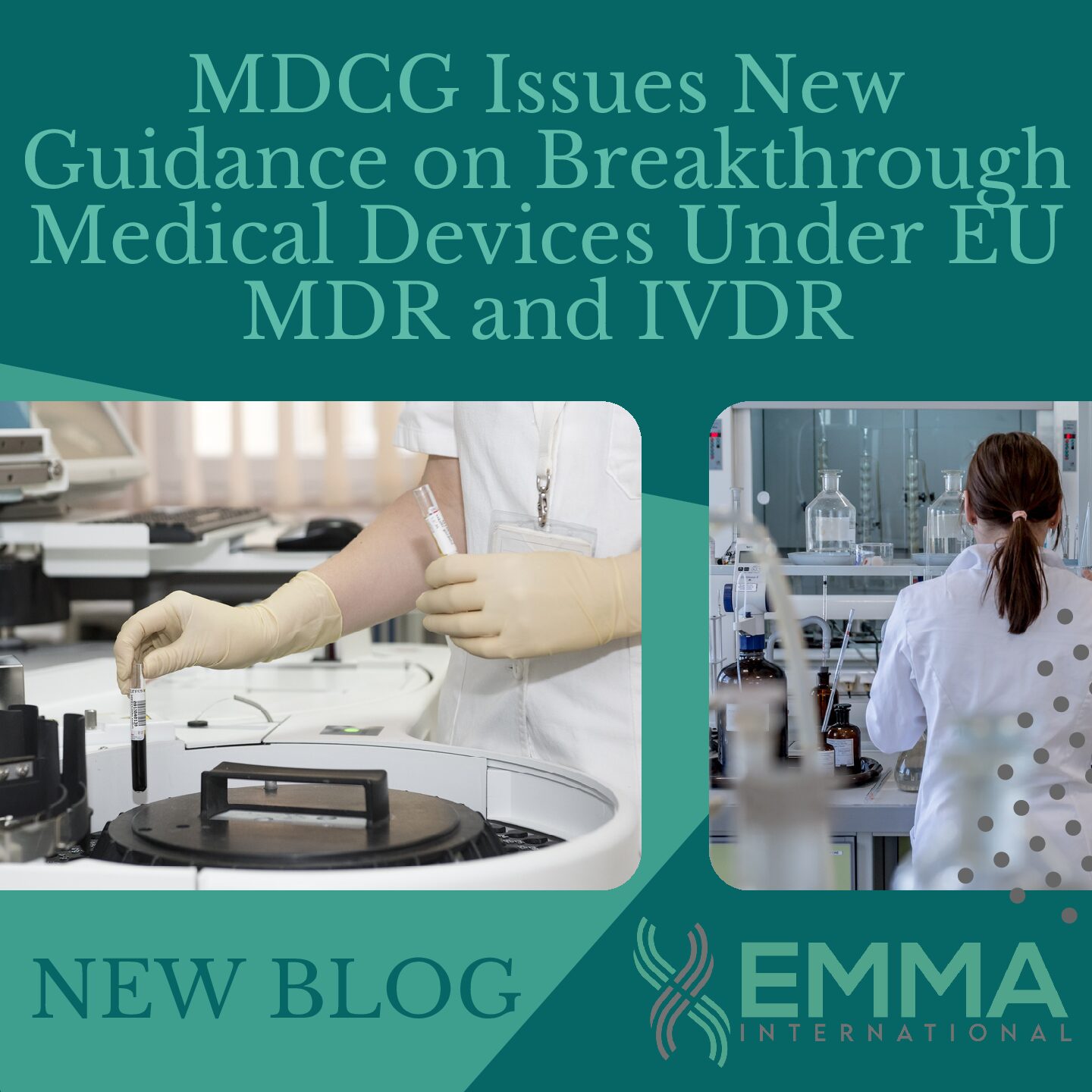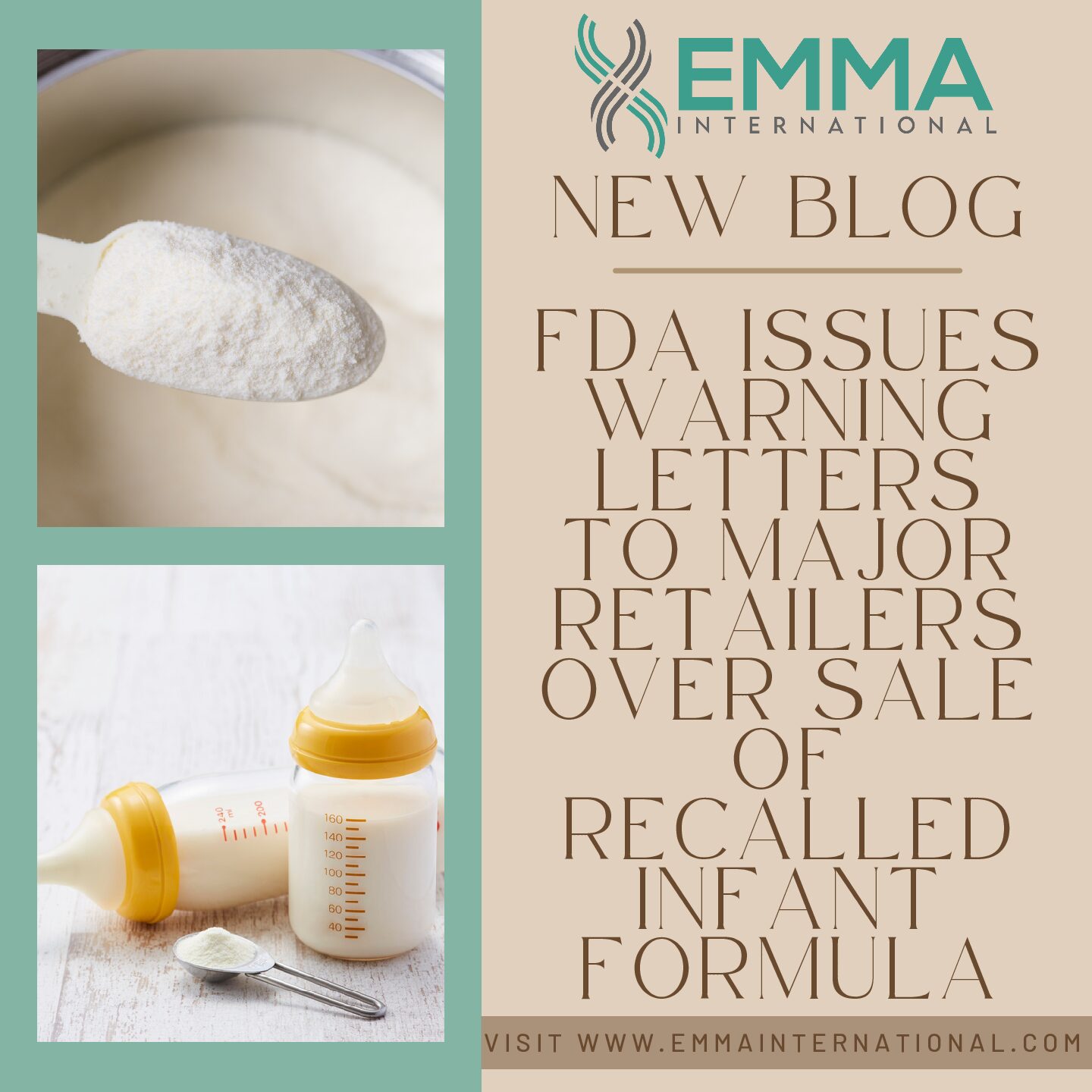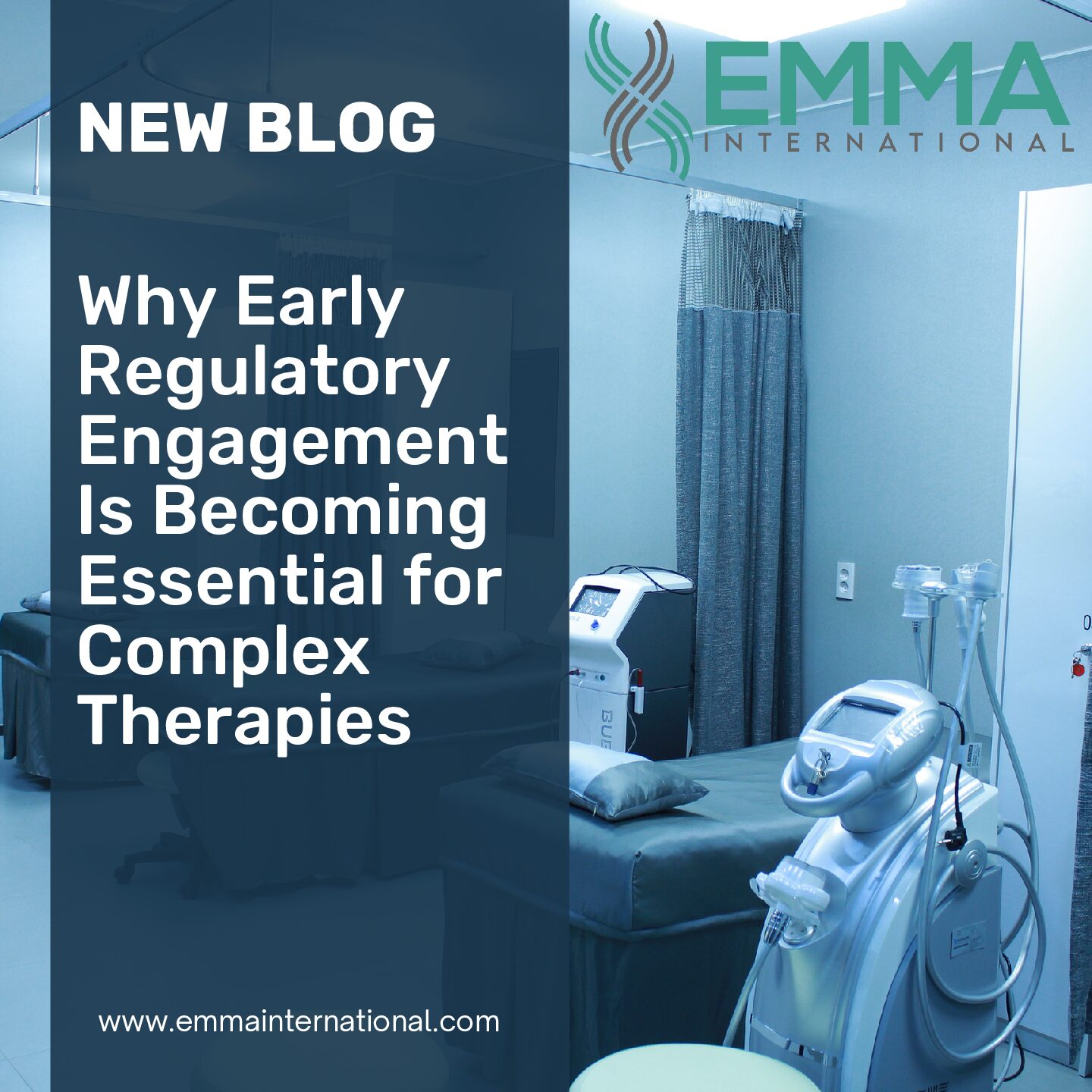As medical device firms adjust to the new normal in light of COVID-19 hurdles, the FDA continues to issue guidances and relax regulatory requirements to accommodate. Disruptions to global supplies and the challenge of social distance restrictions may be the driving forces behind necessary device and operations changes. Normally, the FDA requires manufacturers to file a supplement or 30-day notice for their premarket approvals (PMA) or humanitarian device exemptions (HDE) before implementing changes.1 With the constraints the global pandemic has put on the medical device industry, the agency issued a guidance last week relaxing that requirement for certain design changes.
The guidance on supplements for PMA and HDE submissions during COVID-19 identifies that manufacturers may need to make immediate changes to manufacturing processes to overcome COVID-19 complications. The FDA is relaxing regulatory requirements for a specific set of changes that the industry has identified as necessary to mitigate limitations seen during the public health emergency. Some of these changes may be adjusting manufacturing processes to allow for social distancing among workers, adapting processes or device design due to supply chain disruption, or even moving device production to a different location less impacted by the pandemic. The agency is allowing firms to make these changes without prior notification as long as they do not create undue risk. Changes that the FDA has identified as potentially creating undue risk, and therefore require the standard notification, include changes to sterilization methods, changes to the intended use of the device, and automation of a manufacturing process that is not fully verified.2
The guidance explains that the FDA expects all changes to be documented in change control and device master records. Any component change must also have the required verification/validation testing and reference the applicable standards or specifications to which the component conforms. It is also highly recommended that manufacturers fully identify and describe any changes made without prior notification during the public health emergency.
As the medical device industry continues to adjust to operations during COVID-19, the FDA is working diligently to lessen burdens on the industry by temporarily relaxing certain regulatory requirements. If you need guidance on what regulations to follow during the pandemic, EMMA International is ready to help you navigate. Give us a call at 248-987-4497 or email info@emmainternational.com to see how we can help.
1FDA (December 2019) 30-Day Notices, 135-Day PMA Supplements and 75-Day HDE Supplements for Manufacturing Method or Process Changes retrieved on 05/27/2020 from: https://www.fda.gov/regulatory-information/search-fda-guidance-documents/30-day-notices-135-day-premarket-approval-pma-supplements-and-75-day-humanitarian-device-exemption
2FDA (May 2020) Supplements for PMA or HDE Submissions during the COVID-19 Public Health Emergency retrieved on 05/27/2020 from: https://www.fda.gov/media/138265/download






